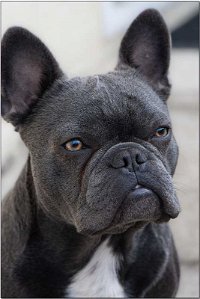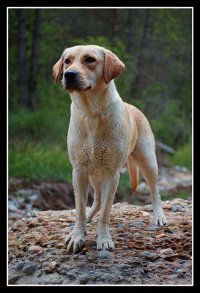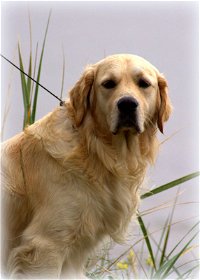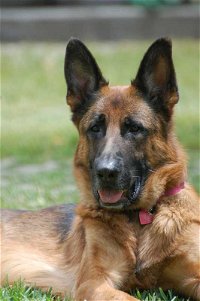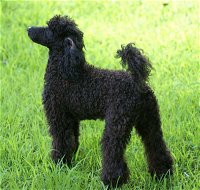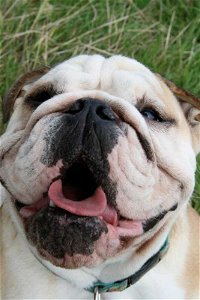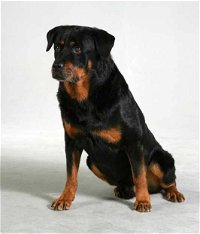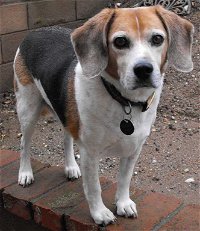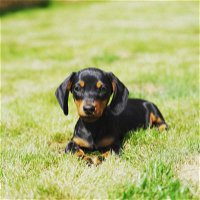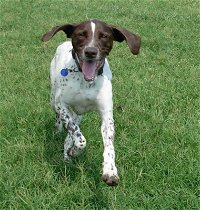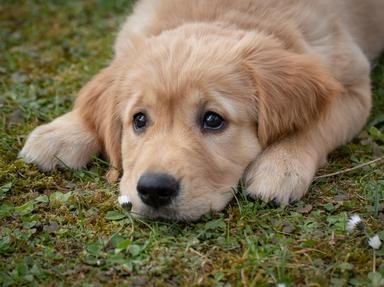
The Best Dog Breeds Trivia Quiz
The American Kennel Club (AKC) publishes a list of the most popular purebred dog breeds in the US every year. In 2022, the French bulldog supplanted the longstanding Labrador retriever at the top of the list. Can you recognize all of these popular pups?
by reedy.
Estimated time: 3 mins.
- Home
- »
- Quizzes
- »
- Animal Trivia
- »
- Dogs
- »
- Dog Breeds
